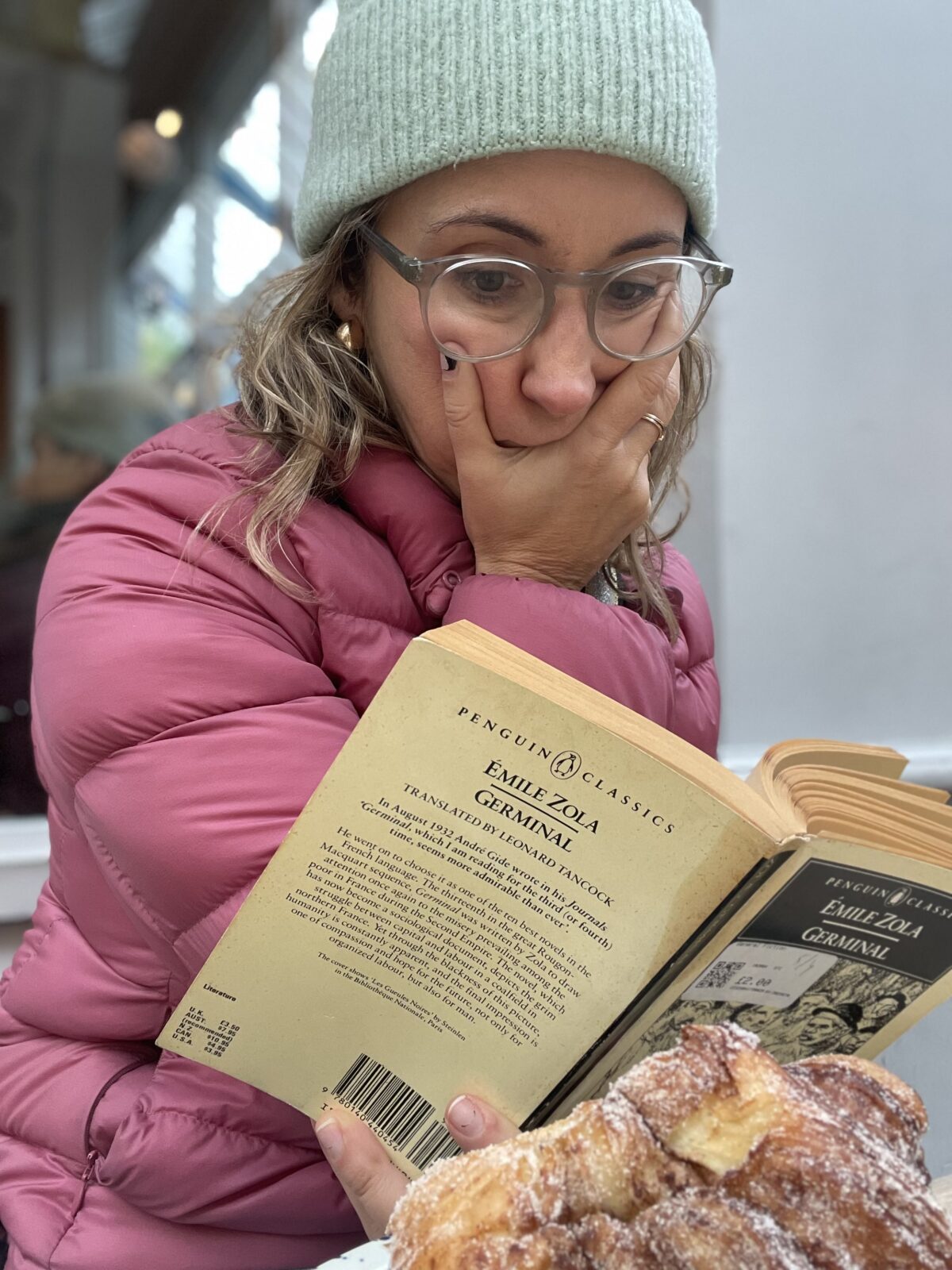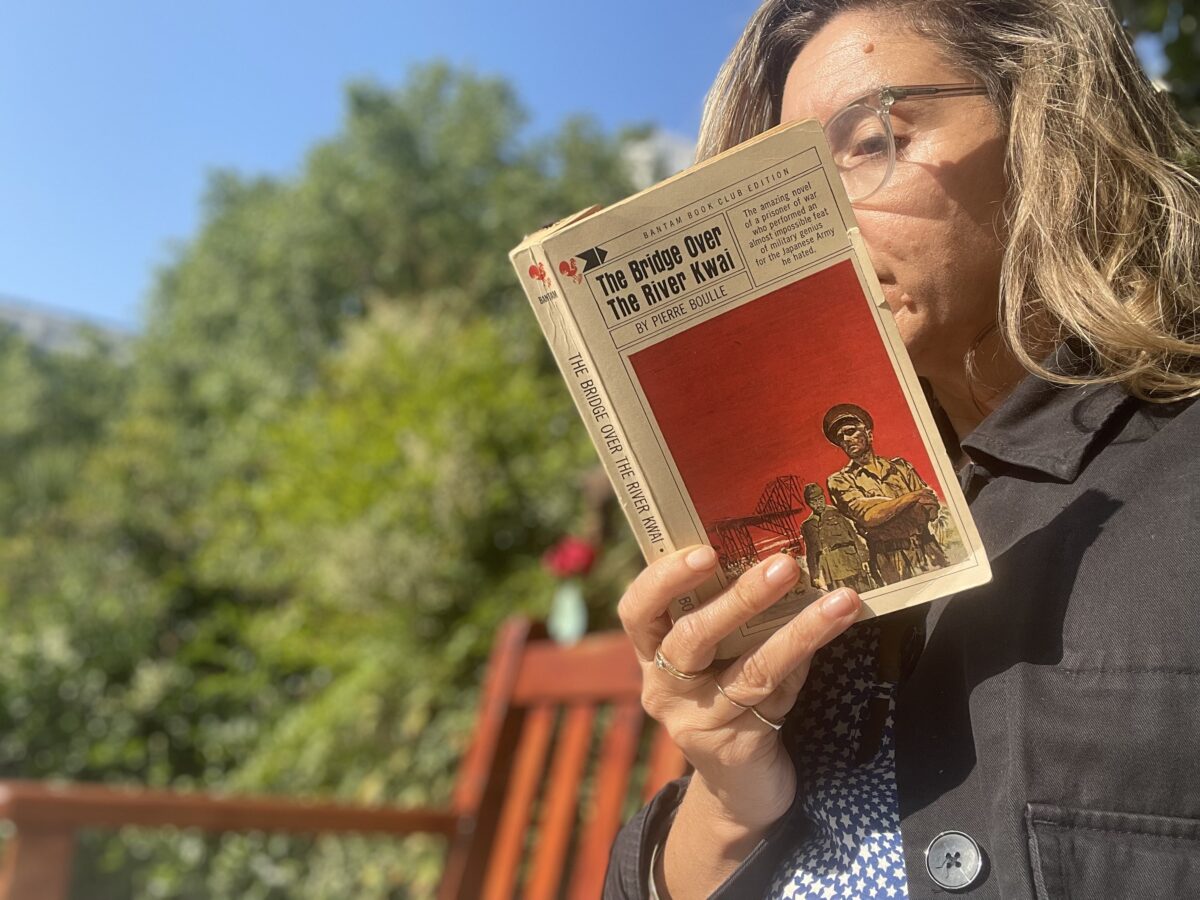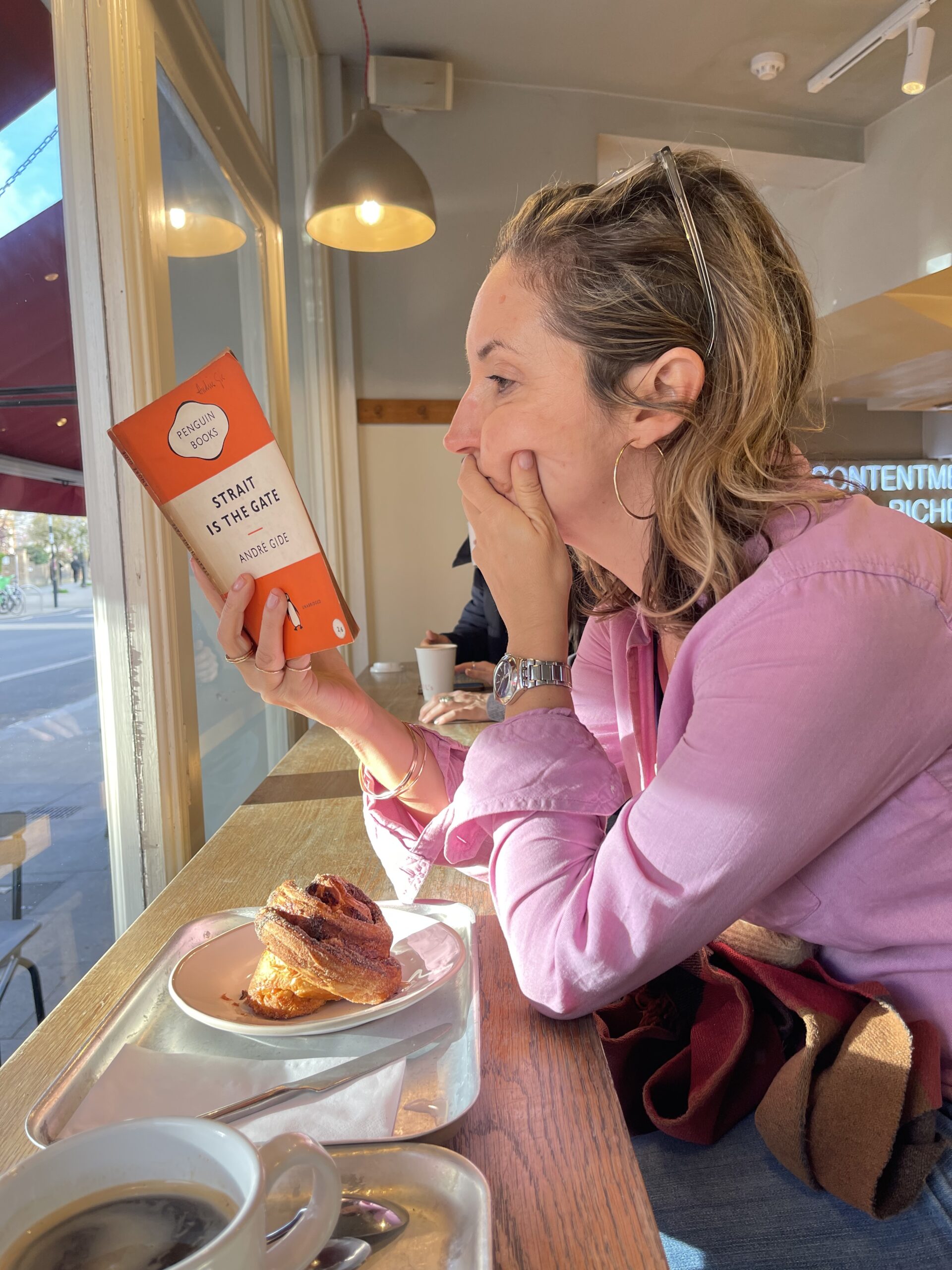There are plenty of memoirs from people with daddy issues; here is one from someone with mummy issues. To give you a sense of the scale, please enjoy this section, which is where the book’s title comes from:
“In your mother’s love, life makes you a promise at the dawn of life that it will never keep. . . You will go hungry to the end of your days. Leftovers, cold tidbits, that’s what you will find in front of you at each new feast. . . You will walk though the desert from mirage to mirage, and your thirst will remain such that you will become a drunkard, but each sweet gulp will only rekindle your longing for the one and only source. “
I have not Wikipedia-ed Gary, but I will be amazed if he has been married less than three times. His mother is truly a titanic figure. A penniless Jewish actress from Lithuania, she got pregnant outside of marriage, then drags herself and him across Eastern Europe for many years, determined that he will become a Frenchman, and not just a Frenchman, but a famous Frenchman in the best tradition of the nineteenth century novel: a famous artist (exact artform TBD), a decorated soldier, and a diplomat. Incredibly, he is all those things, winning both the Prix Goncourt (best possible literary prize) and also the Croix De Guerre (major military medal).
She is so sure of his destiny that I can only call her unhinged. At one point, when the neighbours in their dodgy tenement in Poland get her in trouble with the landlord, she drags her son around to each one, haranguing them about how sorry they will be when this 9-year-old is an Ambassador. Can you imagine: he has to go to school the next day with these people! She is just utterly sure that his success will make up for all she has suffered. He says:
“I had always known that my mission on earth was one of retribution; that I existed, as it were, only by proxy . . “
There is much to enjoy outside his mother. At one point, he gives a little girl he has a crush on three apples, without ever having spoken to her, and then:
“She accepted my surrender as though it was the most natural thing in the world, and announced: ‘Janeck ate his whole stamp collection for me.’
Such was the beginning of my long martyrdom. In the course of the next few days I ate for Valentine several handfuls of earthworms, her father’s collection of rare butterflies, a mouse, a good many decaying leaves, and, as a crowning achievement, I can say that at nine years of age . . . I took my place among the greatest lovers of all time and accomplished a deed of amorous prowess no man, to the best of my knowledge, has ever equaled. I ate for my lady one of my rubber galoshes!”
I can’t even get into his time in the WWII AirForce, it being utterly hair-raising as he lays out how all his friends die in various crashes. He also gives this awful snippet of the red-light district in Marrakesh, where he says it was not unusual for women to be subjected to a hundred men a day; and that “sometimes a girl, half-hysterical from over-work or hashish, would rush naked, screaming, into the alley .” This is haunting, and I can only hope he is exaggerating.
SPOILER ALERT. All through his three years in the war, he gets undated letters from his mother. After the liberation, he goes to see her as quickly as he can, so she can see he is returning a second lieutenant, with a medal, and a book deal (i.e, he has finally succeeded, her life has meaning, etc). He finds she has been dead almost all the three years, and spent the last days of her life writing him hundreds of letters that could be sent on, so he wouldn’t know she was gone.







